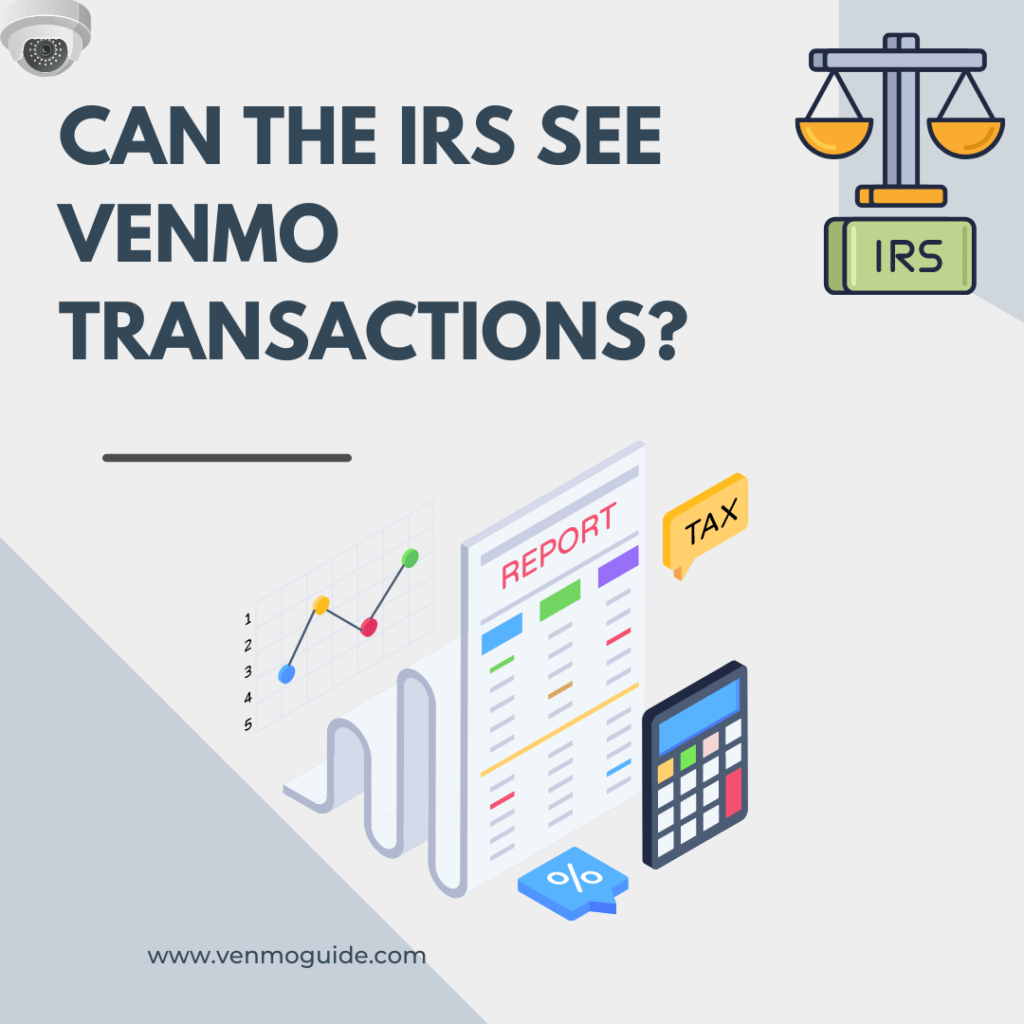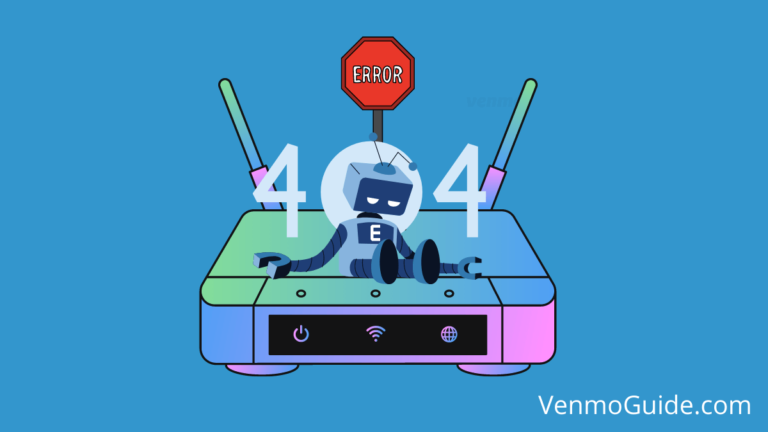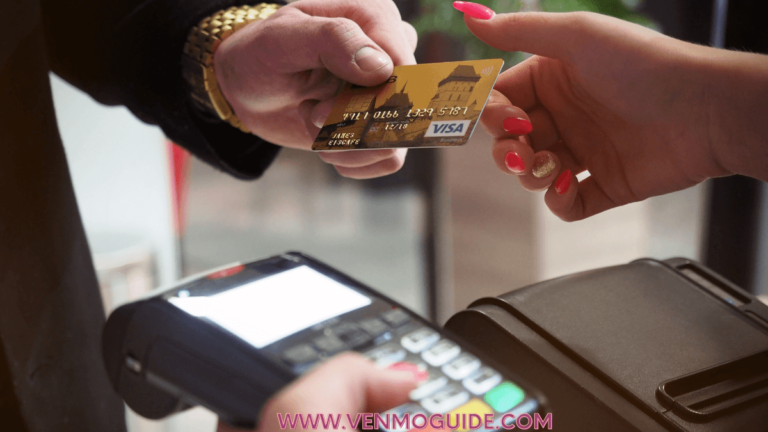Can the IRS See Venmo Transactions?
Yes, the IRS can see specific types of transactions on the third-party payment app. The reason for this is the American Rescue Plan Act of 2021. The IRS sees Venmo transactions that exceed a specific limit, depending on your state. For example, if you reside in Illinois, $1000 with 3+ transactions is the threshold.
Also, if you live in Vermont, Virginia, Maryland, and Massachusetts, you should expect a threshold of $600.
However, there’s more to this than meets the eye, such as the IRS reporting threshold, who should expect a Form 1099-K from Venmo, and more!
Therefore, keep reading to find out!
READ MORE: Venmo Tax Reporting for Personal Use: Does Venmo Report to IRS

Does the IRS View Venmo Transactions?
Yes, Venmo sends transaction reports on the accounts that meet or exceed the IRS reporting threshold. As mentioned, this action is in accordance with the American Rescue Plan Act of 2021.
It requires third-party payment apps to report transactions for the sale of goods and services worth over the reporting threshold to the Internal Revenue Service.
Therefore, if you use your account to receive money for selling goods and services up to the federal or state reporting threshold, Venmo will issue you a Form 1099-K at the beginning of the tax season and send a copy to the IRS. Of course, the same applies to business accounts!
Now that we’ve answered your question, let’s consider other important details regarding the IRS and your Venmo transactions.
What’s the IRS Reporting Threshold?
Venmo issues Form 1099-K to business or personal account holders who reach or exceed the reporting threshold for the state where they reside:
- For residents of Illinois, $1000 with 3+ transactions within a calendar year is the threshold.
- If you reside in Vermont, Virginia, Maryland, and Massachusetts, you should expect a threshold of $600 within a calendar year.
- In other states, there’s a threshold of $20,000 for business transactions (gross payment volume) in one year and 200 receipt transactions for the same period.
In addition, if you received payment in your Venmo account for selling cryptocurrency, you’ll receive a Gains and Losses Statement from Venmo, irrespective of the state where you reside. So, you’ll need to report this statement on your taxes.
Why Do I Have to Confirm My Tax Info on Venmo?
When your account is almost at the threshold, Venmo informs you and expects you to verify your tax info (if you haven’t done so already). However, failure to confirm your tax info will result in your account being placed on hold when you receive money for the sales of products and services.
To confirm your tax info, follow the prompt on the Venmo app or search for “Identity Verification” in the Settings menu. The entire process is relatively easy to do from the comfort of your mobile phone.
How Does Venmo Know a Payment Is for Goods and Services?
For personal Venmo accounts, it can’t tell if payment is for goods and services or not, except if you tag it in the description. So, if you sell an old table of yours and the person buying from you decides to tag it with a description that denotes buying and selling, the transaction will be marked as such.
However, for business Venmo profiles, every payment you receive is marked as a purchase. Therefore, you should expect a Form 1099-K if you receive funds up to or over the reportable threshold.
It’s worth mentioning that when you receive a payment from family and friends but get tagged as being for products and services, you can always contact Venmo for assistance.
Will I Receive a Form 1099-K if I Closed My Venmo Account?
Closing your Venmo account doesn’t exempt you from receiving a Form 1099-K if your account reaches the reportable threshold. Venmo will contact you directly via the email you used to open the account.
Bottom Line
If the question “Can the IRS see Venmo transactions?” has been running through your mind, you’re in the right place.
You’re probably worried that the IRS sees all your Venmo transactions and may likely ask you to pay taxes on these transactions. Well, truth be told, even the best of us cringe at the thought of having to meet our tax obligation, especially when you think of what that extra money could do for you.
However, residents of other states have a threshold of $20,000 for transactions (gross payment volume) in one year and 200 receipt transactions for the same period.






